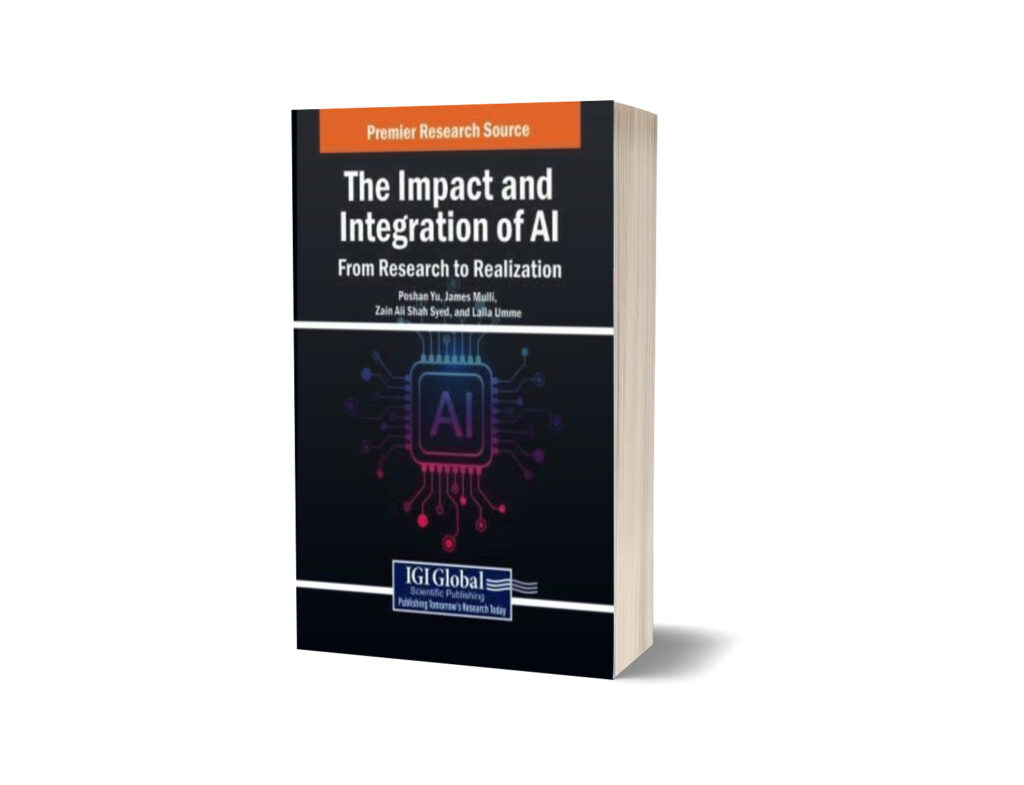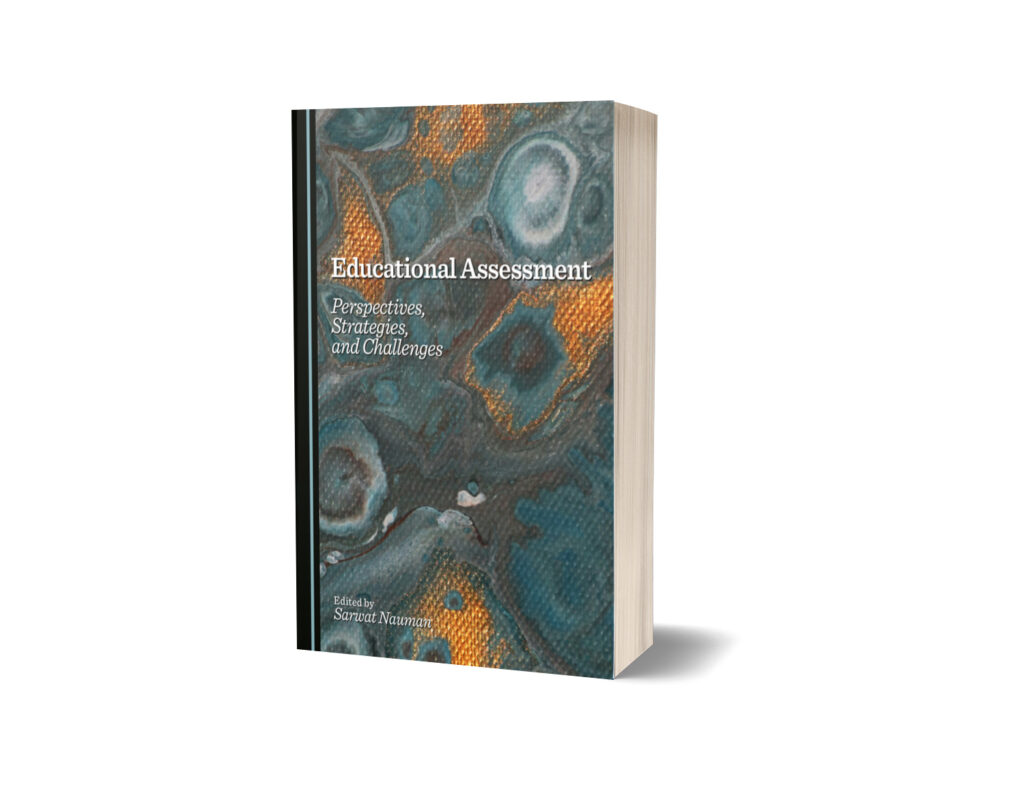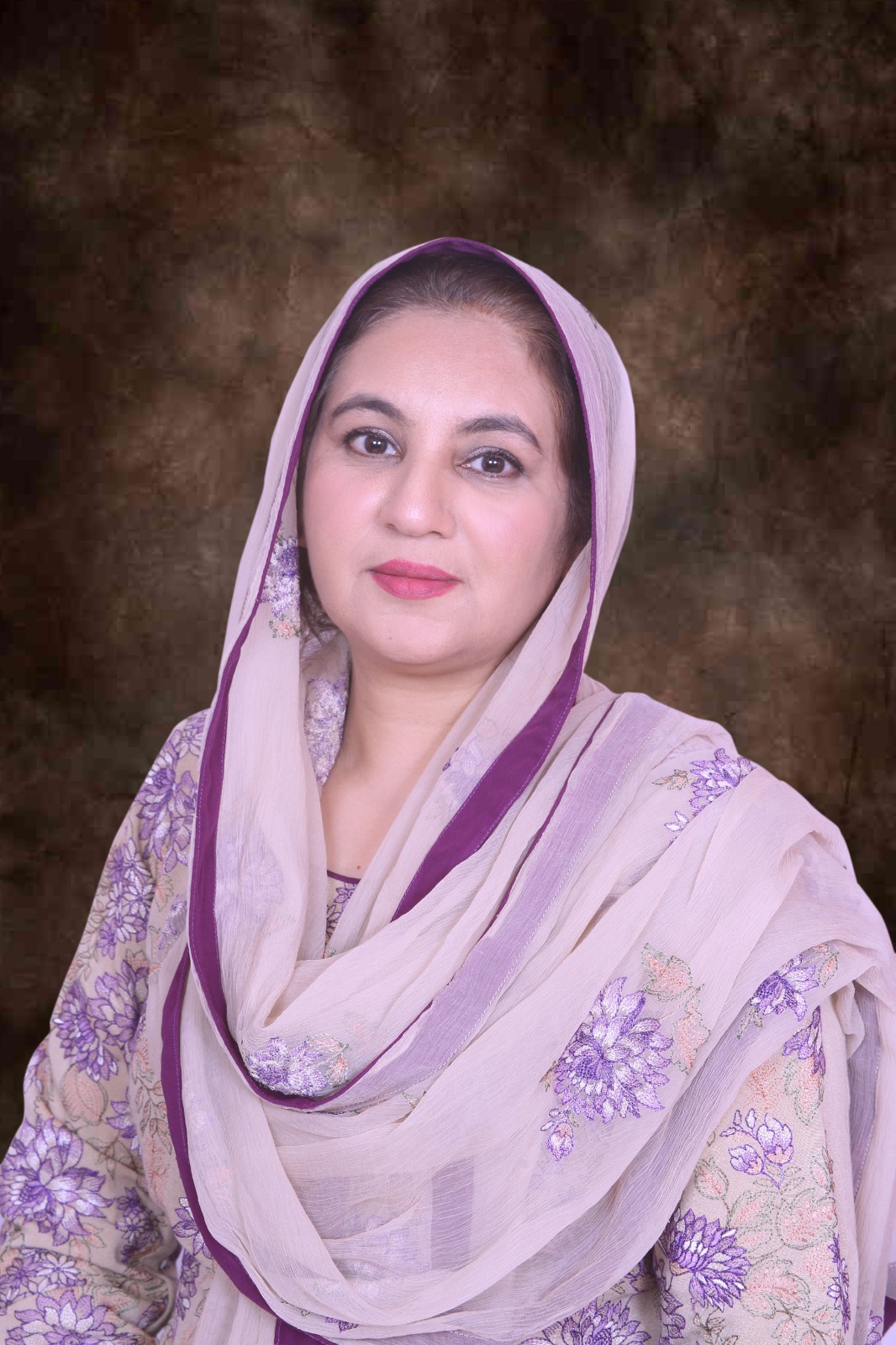Books

Book Title: Government Influence in Shaping a Sustainable Fintech Ecosystem
Author: Dr. Imam Uddin and Dr. Arsalan Haneef
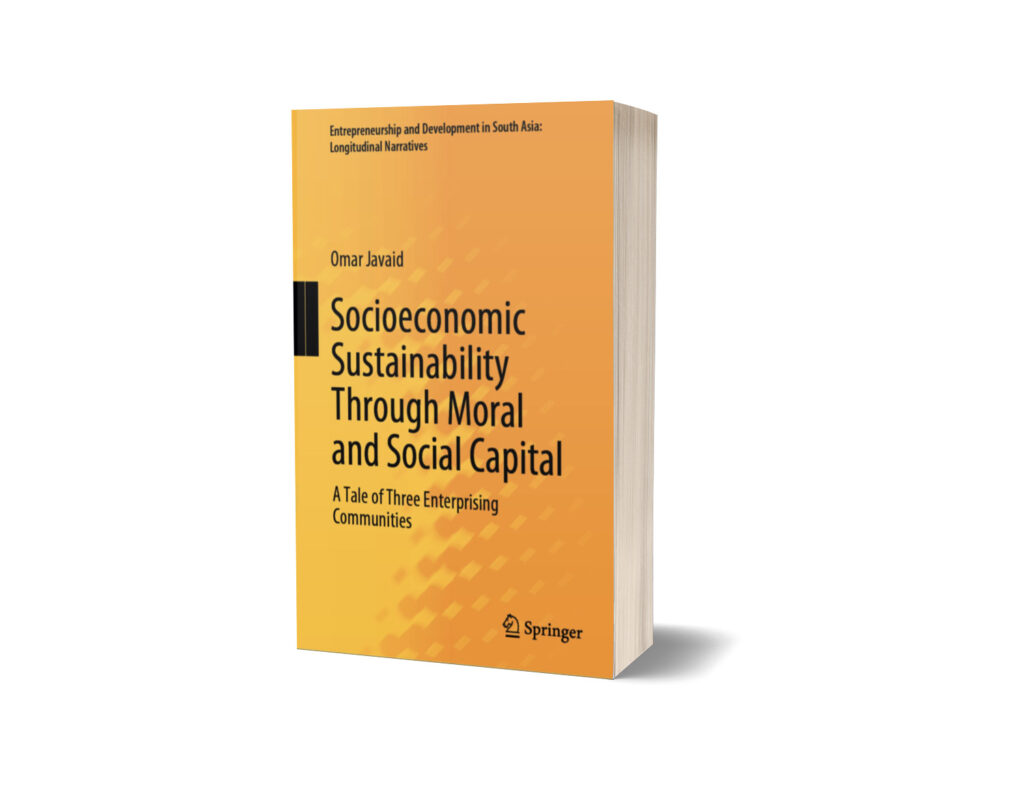
Book Title: Socioeconomic Sustainability Through Moral and Social Capital
Author: Dr. Omar Javaid
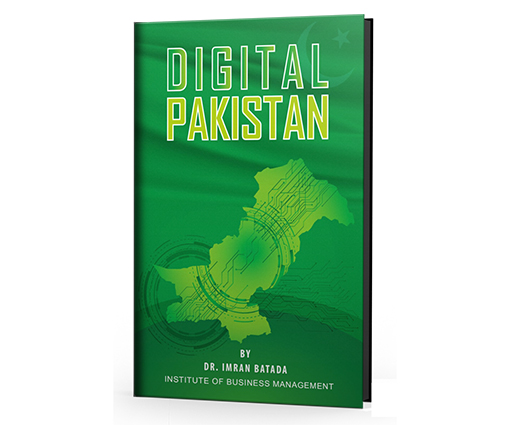
Book Title: Digital Pakistan
Author: Dr. Imran Batada
CTO & Director, Center for Information Technology – IoBM
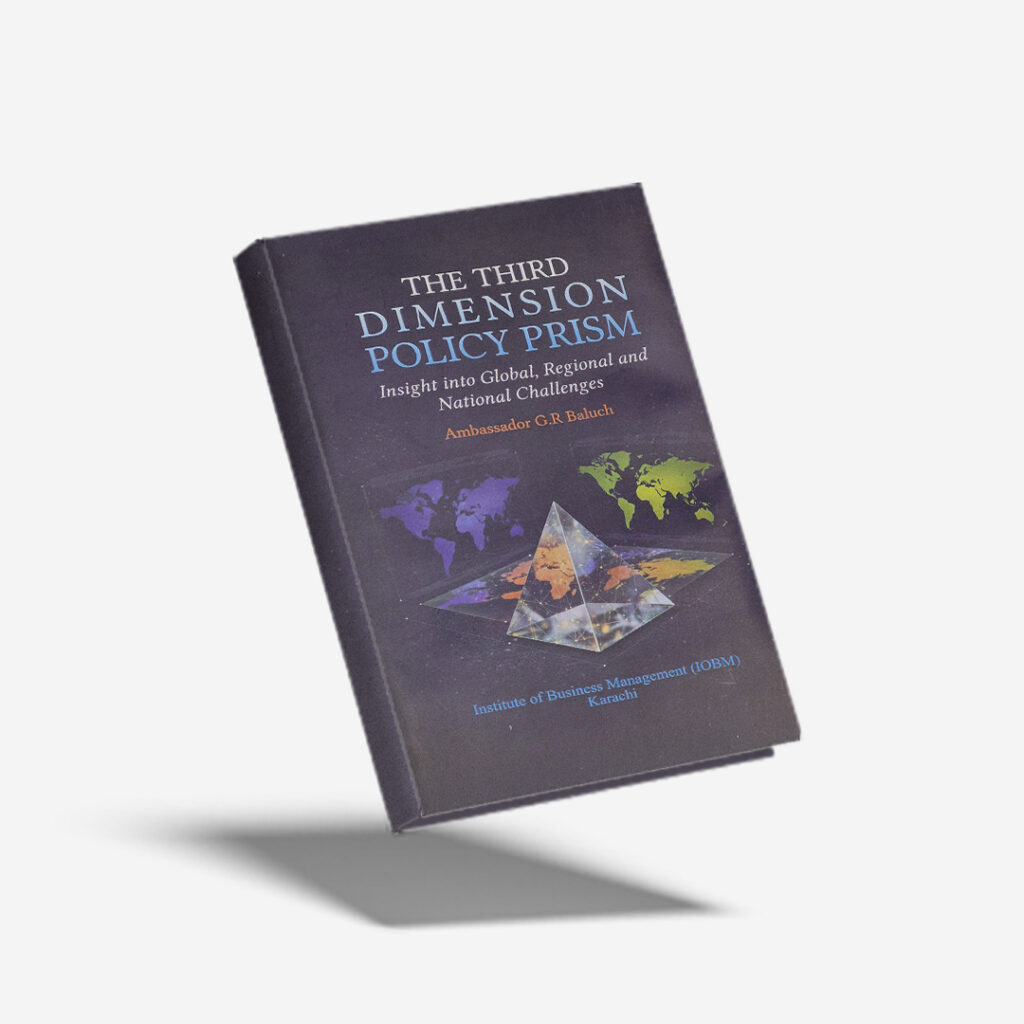
Book Title: The Third Dimension Policy Prism: Insights into Global, Regional, and National Challenges
Author: G.R. Baluch

Book Title: Islamic Financial Institutions: An Introduction
Author: Imam Uddin, Muhammad Ali Shaikh, M. Ishaq Bhatti, Rafia Ayub

Book Title: Industrial Ecology, A Fusion of Material and Energy in Green Supply Chain Context
Author: Dr. Adeel Shah

Book Title: Facilitating Global Collaboration and Knowledge Sharing in Higher Education With Generative AI
Author: Umme Laila, Poshan Yu, James Mulli and Zain Ali Shah

Book Title: Business Startup Manual, A Practical Guide for Entrepreneurs
Author: Dr. Omar Javaid

Book Title: Planning and Development for Higher Education in Pakistan
Author: Dr. Tariq Rahim Soomro & Dr. Urooj Ahmed

Book Title: Financial Inclusion, Sustainability, and the Influence of Religion and Technology
Author: Dr. Arsalan Haneef Malik of IoBM & Mr. Awais Ur Rehman
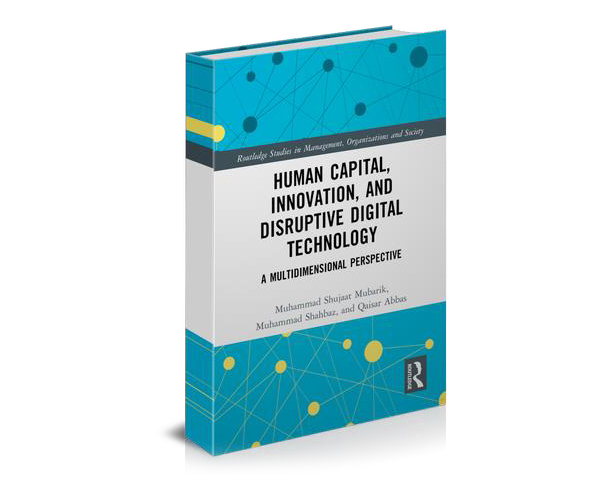
Book Title: Supply Chain Mapping, Sustainability, and Industry 4.0
Author: Muhammad Shujaat Mubarak, Sharfuddin Ahmed Khan, Simonov Kusi Sarpong, Steve Brown, Syed Imran Zaman

Book Title: Human Capital, Innovation and Disruptive Digital Technology A Multidimensional Perspective
Author: Muhammad Shujaat Mubarak, Muhammad Shahbaz, Qaisar Abbas

Book Title: Global Corporate Social Responsibility Initiatives for Reluctant Businesses & Leagile Supply Chain Strategy in Asian Automotive Production
Author:Dr Syed Adeel Ali Shah
HoD Supply Chain Management

Book Title: Islamic Capital Markets: The Structure, Formation, and Management of Sukuk
Author: Prof. Dr. Imam Uddin
HoD – Accounting & Finance – IoBM

Book Title: From Rhetoric to Rigor in
Management Practice
Author: Mr. Javaid Ahmed
Associate Professor – IoBM

Both Books Title: The Dynamics of Intellectual Capital in Current Era
Author: Muhammad Shujaat Mubarak

Both Books Title:Human Capital, Innovation and Disruptive Digital Technology: A Multidimensional Perspective
Author: Muhammad Shujaat Mubarak
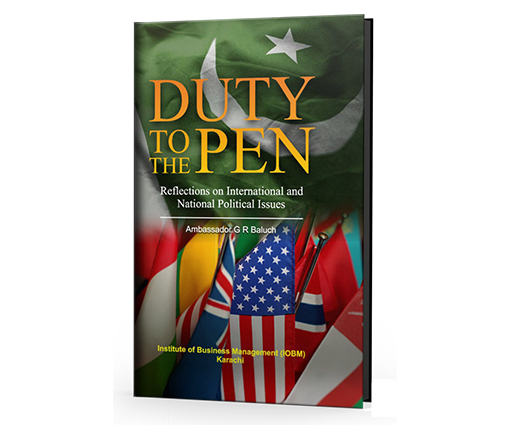
Book Title: Duty to the Pen- Reflections on International and National Political Issues
Author: Ambassador G. R.Baluch
Adjunct Faculty and Research Scholar. Global and Regional Studies Center –IoBM


